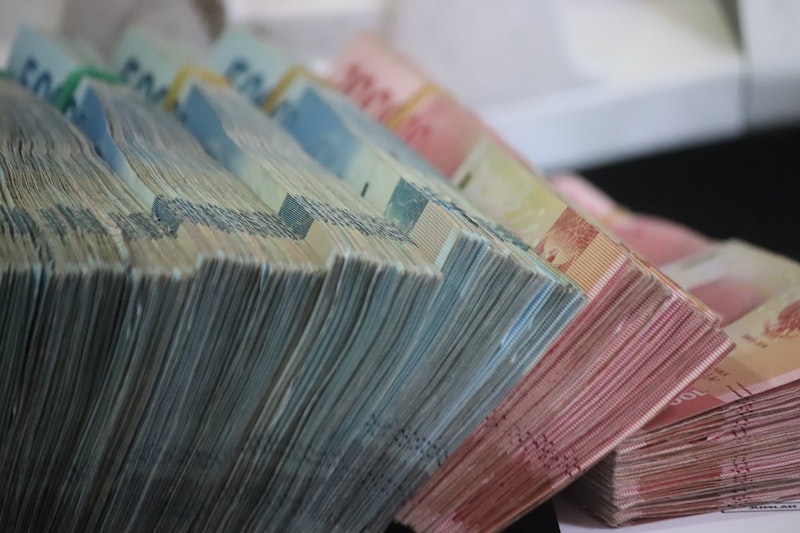Romania scores low in the Corruption Perception Index released by Trasparency International

With a score of 44 points out of 100, Romania remains in the top three most corrupt countries in the European Union shows Transparency International in the 2020 Corruption Perceptions Index.
Although the scores are similar to those of 2019 for most Member States, for the first time, three countries share the last place in the EU ranking - Romania, Bulgaria and Hungary - with the same score: 44 points out of 100 possible.The Corruption Perceptions Index reflects how independent and business experts perceive corruption in 180 states and territories. The ranking is made by awarding points, from 0 to 100, in which 0 means "very corrupt" and 100 "not at all corrupt".
Persistent corruption weakens the health system and contributes to the regression of democracy, amid the COVID-19 pandemic. The report shows that there is a direct link between the place in the Corruption Perceptions Index and how a country can cope with the challenges posed by the COVID-19 pandemic: States that score well invest more in health care able to provide health care and less likely to violate democratic and institutional rules or the rule of law.
The perception of corruption in the public system and business environment in Romania remains unchanged compared to 2019, as in the case of Hungary, while Bulgaria has one point more than the previous year. In fact, our country has the same score as in 2012, which shows that the measures taken in almost 10 years have not been constant and have failed to change the perception that independent experts and the business environment have about corruption in Romania.
Lack of transparency in public procurement, underfunding of the medical system, lack of consistent measures to digitize administrative processes are constant problems at the national level that have intensified in the context of the COVID-19 pandemic. The Court of Auditors' report on procurement to combat the pandemic showed serious shortcomings in both local and central government.
Corrupt practices in companies, which at the declarative level assume integrity policies, have been likely to affect the credibility of the business environment, and image beautification campaigns have had the effect of reducing public vigilance.
Romanian society has significantly lost its composure in sanctioning corruption and lack of integrity as a general scourge and has manifested itself rather sequentially, shows the TI report.






